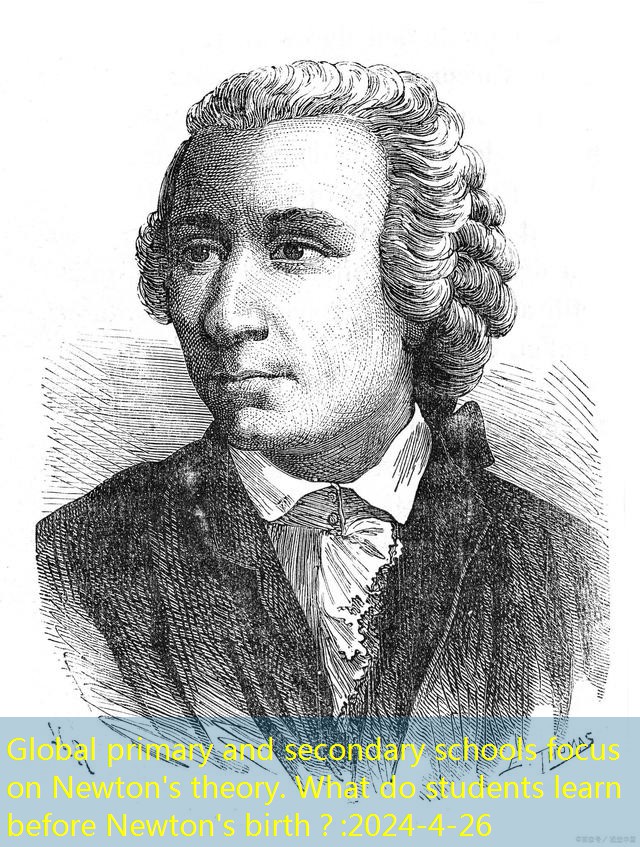In the global elementary and middle school education system, Newton’s theory is undoubtedly the core of physics.His three laws and gravity theories are not only the basis of physics, but also the cornerstone in scientific education.However, when we go back to history, we can’t help but curious, how do those scholars who were born before Newton, how did they explore the world and learn?

During Newton, scientists have not yet formed a systematic theoretical system, but their curiosity and curiosity of nature have not weakened.They accumulated a lot of experience and knowledge through observation, experiments and reasoning.Ancient Greek philosophers, such as Aristotle, were widely accepted at the time, and his theory provided valuable revelation for later scientific exploration.
At the same time, scholars from the Middle Ages to the Renaissance also conducted a lot of research and exploration.They not only made major breakthroughs in the fields of mathematics, astronomy, but also more detailed and in -depth observations for nature.The research of these scholars has laid a solid foundation for the formation of Newton’s theoretical system.
Therefore, we can imagine that before Newton’s birth, the content of their learning may be more extensive and diverse.They not only have to learn the scientific theory at the time, but also explore the mystery of nature through practice.This diverse learning method not only cultivates their observation and experimental ability, but also lays a solid foundation for their future great scientists.
Before the birth of Newton, students’ learning content was very different from the scientific education system we are familiar with today.In that era, science had not yet formed a complete theoretical system, but was scattered in various philosophy, mathematics and nature observations.Students’ learning mainly depends on classical education, including literature, rhetoric, dialectics, ethics, politics, mathematics, astronomy, geography, medicine and philosophy.





